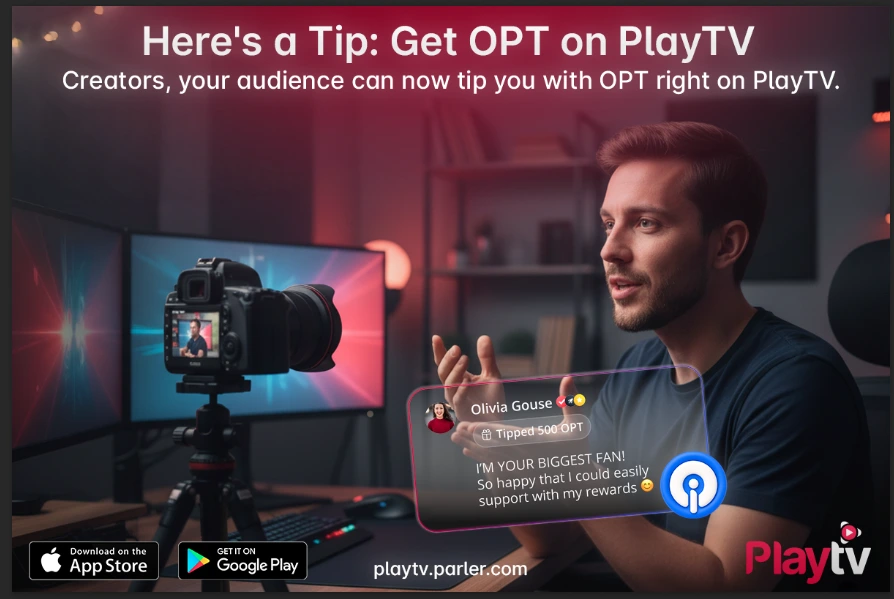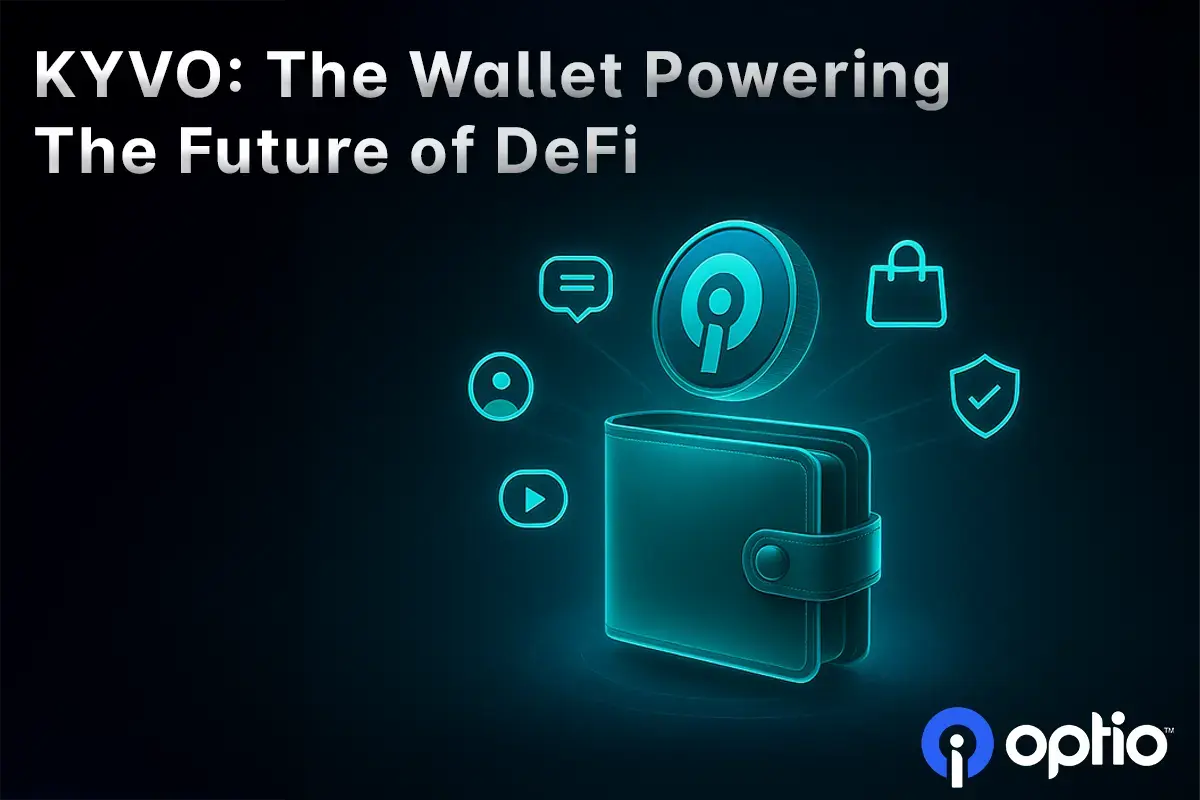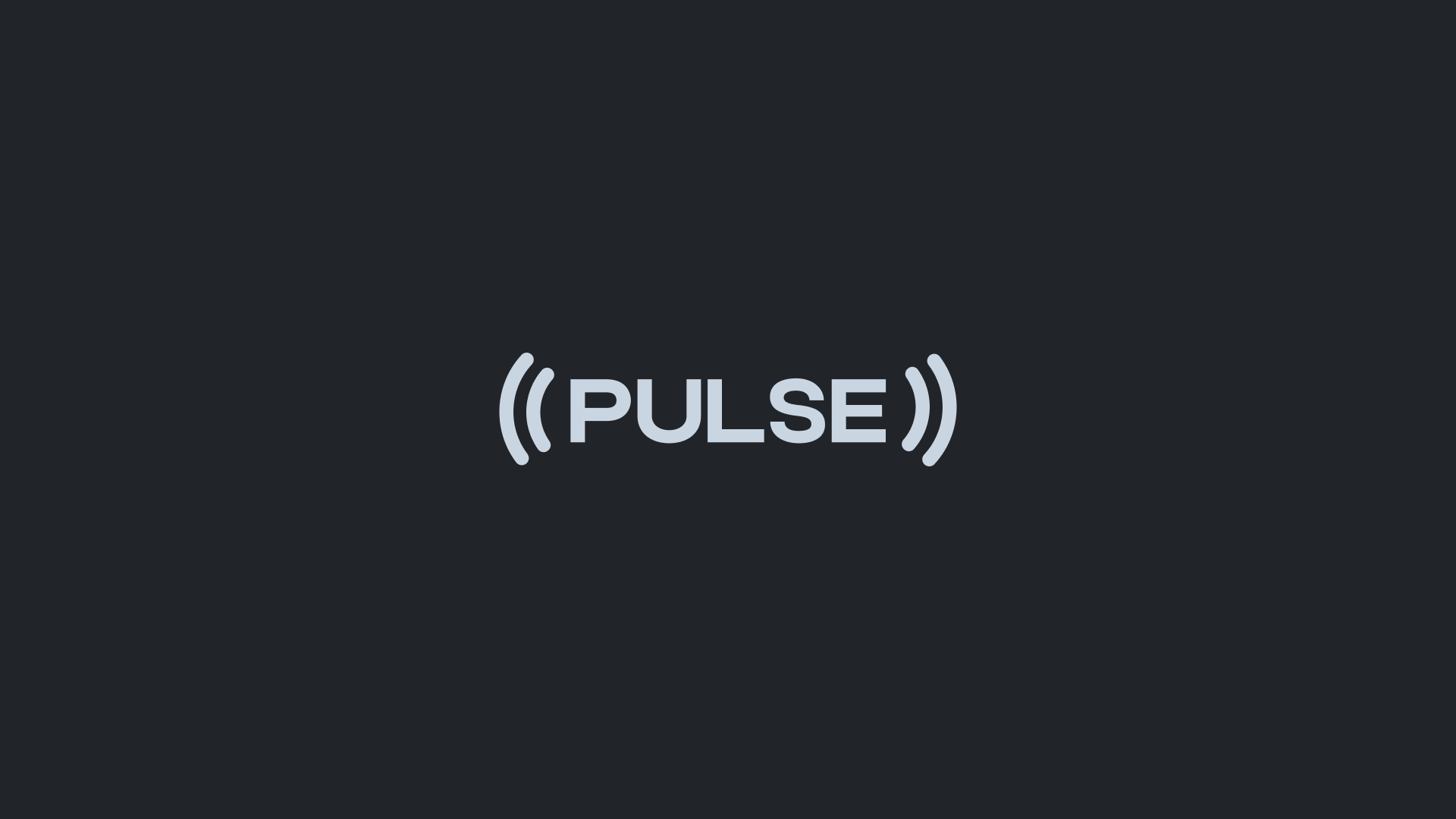On July 17, 2025, the U.S. House of Representatives passed two monumental pieces of legislation aimed at defining and regulating the future of digital assets. One of these, the GENIUS Act, has already cleared the Senate and now heads to the president’s desk for signature. The second, the CLARITY Act, passed with a strong bipartisan majority in the House and now moves to the Senate for further consideration.
What This Means
This is a historic moment for the blockchain industry. If the CLARITY Act becomes law, it will provide long-overdue regulatory structure for digital assets, distinguishing which tokens are securities (regulated by the SEC) and which are digital commodities (regulated by the CFTC).
For projects like Optio, this is incredibly important. Optio is a decentralized blockchain, governed by its community and powered by Oracle nodes and products that integrate through proof of impact protocols. Rewards distributed to participants—like the OPT utility token—have always been tied to real engagement and contribution, not speculation or passive investment. That distinction matters more than ever now.
The CLARITY Act supports the idea that certain tokens, like OPT, when properly structured and used, are not securities. Instead, they may be classified as digital commodities—opening up more room for innovation, utility-based rewards, and community-led ecosystems like ours.
What This Means for Pulse’s Ecosystem
Pulse is one of the most active contributors to the Optio blockchain, creating apps and products that users engage with. When users interact with these apps—whether it’s social media engagement, content sharing, or task completion—they earn points, which then convert into OPT tokens.
This ecosystem of engagement aligns with everything the CLARITY Act promotes: utility-driven, contribution-based digital asset distribution. Pulse does not sell tokens or promise financial gain—it builds tools that fuel meaningful interaction with blockchain technology, which is exactly what lawmakers are beginning to understand and support.
Moving Forward: Vigilance + Compliance
This is not the time to relax—it’s the time to stay vigilant. At Optio, we’ve always adhered to strict compliance practices—especially around the Howey Test, which determines whether a token qualifies as a security. Our focus remains on transparency, decentralization, and use-based distribution of rewards. With increased regulatory clarity on the horizon, we must continue ensuring that:
- Our messaging avoids promises of profits or investment gains
- Our community remains decentralized and self-governed
- Our tools and products are utility-first, not speculation-driven
As your Community Compliance Advisor, I’ll continue monitoring developments and ensuring Optio and companies like Pulse, that interact with Optio, remain aligned with this evolving legal landscape. This is a turning point in the U.S.—the beginning of formal acknowledgment that not all tokens are securities, and that participation in innovation deserves a space to thrive.
Stay tuned, stay compliant, and stay optimistic.
By Cat Bonar, Compliance Advisor to the Optio Community
This post reflects the views of the Compliance Advisor to the Optio Community and does not constitute legal or financial advice.
Ready to Join
The Freedom Network?
Genesis block is live. $50M+ in nodes sold. 1,280+ ambassadors worldwide. The network is growing.



